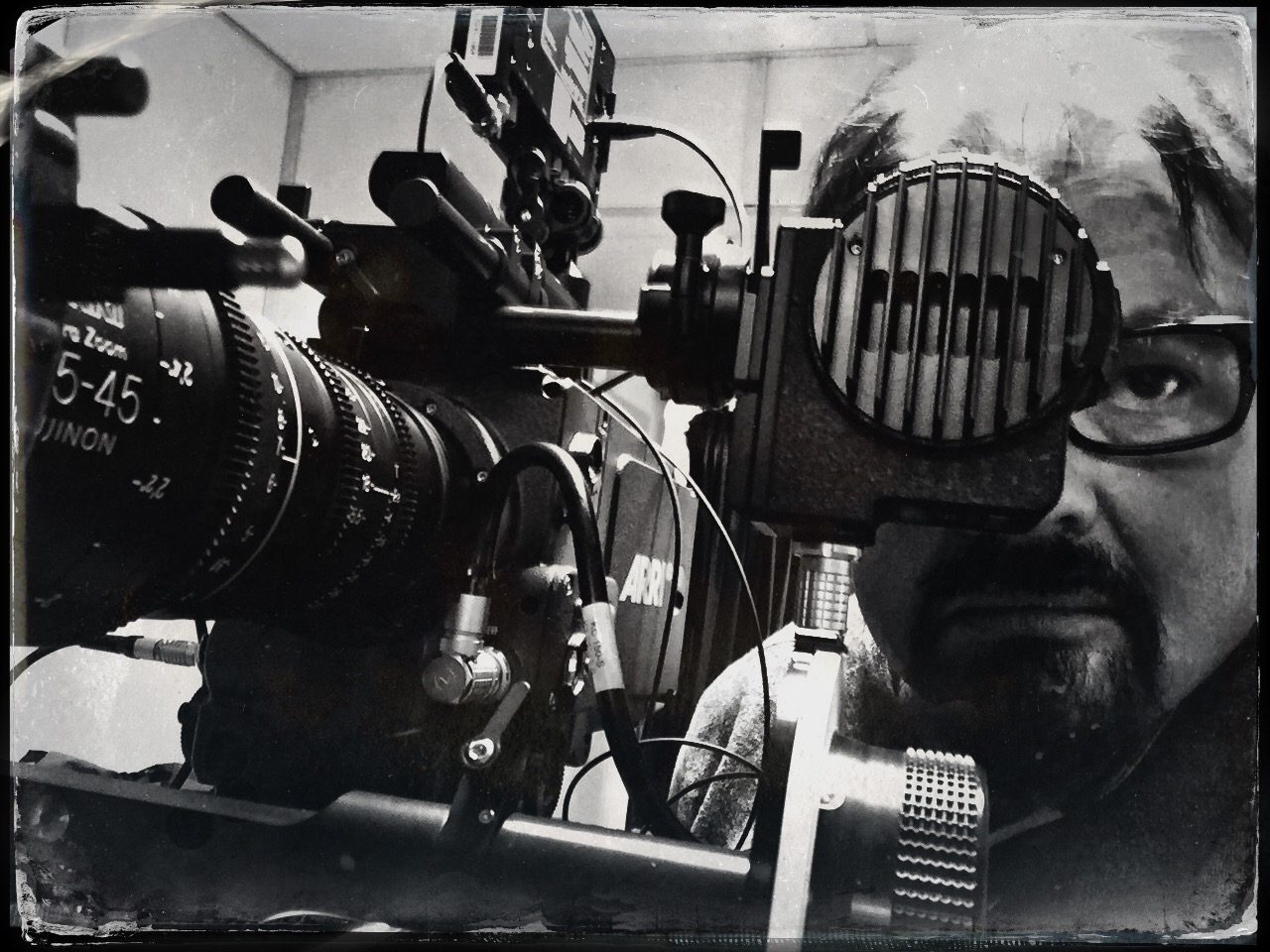
Director Statement This is a new development in my film research into memory conceptualisation in Cinema. Using found footage from the late 19th and early 20th century I created a short experimental film in the style of a City Symphony. While not a true example of the City Symphony as it is filmed across serval …
Continue reading “Experimental Film – DIAGONAL (2022)”

Remember A short experimental film using the poem “Remember” by Christina Rossetti as creative influence and represented in a dance sequence, the visuals influenced by the work of Etienne-Jules Marey. Music with the permission of the Atlanta Master Chorale. This is my first student film project after coming out of lockdown. Such a joy to …
Continue reading “Remember – Experimental Short Film”

Flat 3 The Hoarder, another film in the Lockdown Film series exploring flashback in films. Synopsis Lockdown continues, food was getting low and sanity was in short supply. Food deliveries arrive and the mood is lifted but there’s no toilet roll. The flatmates sit at the table discussing alternatives; newspapers, magazines even a first draft …
Continue reading “Flat 3 The Hoarder”

Flat 3 Does Isolation How the film came into being Like so many of us in the pandemic we had time on our hands. So me and my flatmates decided to make a film about life in lockdown. So in less than a few hours we had a script, an hours rehearsal and filming using …
Continue reading “Flat 3 Does Isolation”

Yayu and The Wimborne Folk Festival awarded semi-finalist at the International Moving Film Festival. Congratulations to Yayu Slocock and Listya Widyasari-Tapp who was 2nd camera for this 2 day shoot.

Film Festival Yayu and The Wimborne Folk Festival receives a special mention at the Asia South East Short Film Festival 2019 .The Asia South East – Short Film Festival is a seasonal film festival that gives international audiences a chance to see a wide variety of the great short films that are being produced from …
Continue reading “Film Festival Asia South East Short Film Festival”

Film Festivals The documentary short Yayu and The Wimborne Folk Festival adds 2 more film festivals to its current run on the International Film Festival circuit. We are very pleased to have been selected by the WOW film festival. WOW celebrates women in film, recognising the subject of the documentary and the work she does …
Continue reading “Film Festival updates”

Yayu and the Wimborne Folk Festival a Cinéma Vérité style short documentary and web/television series. Yayu & The Wimborne Folk Festival is now a FINALIST for Best Documentary short for the 2018 Aphrodite Film Awards in New York. Yayu & The Wimborne Folk Festival has been officially selected for the 2018 Aphrodite Film Awards …
Continue reading “Yayu and the Wimborne Folk Festival”

Finding Alice a short film produced by Smudgerhunt Film and in conjunction with Wolamywise Productions. Film Festivals and Screenings Finding Alice official selection for the XPO North Cultural and Film Festival, 27th – 28th June in Inverness Scotland. Congratulations team and our film production partners Wolamywise. …
Continue reading “Finding Alice”

The Directors Cut completed 2017 In the early part of 2017 we decided to put the newly completed Directors edit of Abjection forward to the European Film Festivals. Film Festivals CIM Sueca Film Festival It’s a few months later 18/08/2017 and we have just had our first official selection for the CIM sueca film festival, …
Continue reading “Abjection and Film Festivals”



